Internal problems, Israeli pressure behind US dilly-dallying in Vienna talks: Advisor
An advisor to the Iranian negotiating team says the US' delaying tactics in ongoing talks between Iran and the world countries to salvage the 2015 nuclear deal boils down to the problems Biden administration faces internally as well as the Israeli pressure from outside.
"I think it's pretty clear that the United States has its own internal problems. And also [there is] a lot of pressure on [US President Joe] Biden by the Israeli regime and its supporters in Washington," Mohammad Marandi said on Wednesday during an interview with France 24.
Iran and the world powers, including the US, struck a nuclear deal in 2015, officially known as the Joint Comprehensive Plan of Action (JCPOA).
However, in a unilateral and illegal move, the US pulled out of the deal in May 2018, under pressure from the Israeli regime and its influential lobby groups in Washington. After withdrawing from the deal, the US reinstated draconian sanctions that the accord had lifted.
Since April last year, the Austrian capital of Vienna has played host to talks in order to examine the prospect of Washington's return to the JCPOA, as well as the removal of illegal and unjust sanctions on Iran.
The European Union, which acts as the coordinator of the talks, recently forwarded a fresh proposal to the Islamic Republic in order to break the impasse that has affected the negotiations due to American procrastination.
Iran submitted its response to the EU draft proposal on August 15, a week after the latest round of talks wrapped up in Vienna.
Four days of talks between representatives of Iran and the five remaining parties to the nuclear deal ended on August 8 with a modified text on the table.
After submitting its response to the EU proposal, Tehran urged Washington to show "realism and flexibility" in order to reach an agreement.
Marandi's remarks came after Josep Borrell, the EU foreign policy chief, hailed Tehran's response to the proposal as "reasonable", placing the onus on the United States to clarify its stance concerning the proposal.
"Iran's conditions are clear and as Mr. Borrell said are 'reasonable.' So, there's no reason why the Iranians would back down," Marandi said.
"So while the Europeans are on board and the Iranians are on board, it seems as if the Americans are not quite sure what they want to do," the advisor said.
US willing to sacrifice Europe?
The Iranian advisor said Washington is "willing to sacrifice Europe at a time when there's an energy crisis," while Iran can make up for the shortage of oil and gas supplies to the continent, which is facing sharp cuts in Russian energy imports.
"Winter is approaching, and the price of energy in Europe is high. As we speak, Iran would [upon conclusion of an agreement in Vienna] be able to export larger quantities of oil, and would be even able to export some gas through Turkey," Marandi said.
"So if the Americans want to sacrifice the people of Europe, that's their choice. But if they think that the Iranians are going to relinquish, they're badly mistaken."
'IRGC de-blacklisting never a precondition'
The expert affirmed that the potential removal of Iran's Islamic Revolution Guards Corps (IRGC) from the US so-called "foreign terrorist organizations list" had never been a component of Iran's conditions during the talks.
He, however, asserted that removal of Western sanctions against "those companies and entities, which are linked to the nuclear deal, and whose sanctions have to be removed in order for the deal to be fully implemented, they must be removed..."
'IAEA should change approach before any deal can be reached'
The advisor also touched on the issue of the International Atomic Energy Agency (IAEA)'s false accusations against Iran of not cooperating with the UN nuclear agency.
Tehran has denounced the IAEA approach as an attempt to "politicize" its relations with Tehran under pressure from the United States and the Israeli regime.
"The case of false accusations must be closed before we can move forward with the implementation of the deal. If it is not politicized, it can be sorted out very easily," Marandi said.
"But we know that the United States has politicized this body in the past, so it's up to the United States what to do. Either they behave reasonably, [and] Iran cooperates, [and] the case is closed or the United States wants to keep the case open so it can use it in the future, then we won't have a deal."
IAEA chief Rafael Grossi stirred up a controversy by visiting Tel Aviv in June days before the agency's board of governors (BOG) meeting, which passed a resolution against Iran under the Israeli regime's pressure.
Iran’s iron and steel exports up 27% y/y in Apr-Dec
Sudan is scene of 'horror and hell': UN rights chief
Scottish leader vows another independence vote if his party wins in May
Israeli forces, settlers burn homes, shut schools in attacks across West Bank
Intelligence Ministry: 300 ringleaders of foreign-backed riots arrested across Iran
Iran begins easing bans on global internet
Pezeshkian: Any attack against Leader ‘full-fledged’ war with Iranian nation
VIDEO | 30 tons per capita: Gaza faces rubble crisis


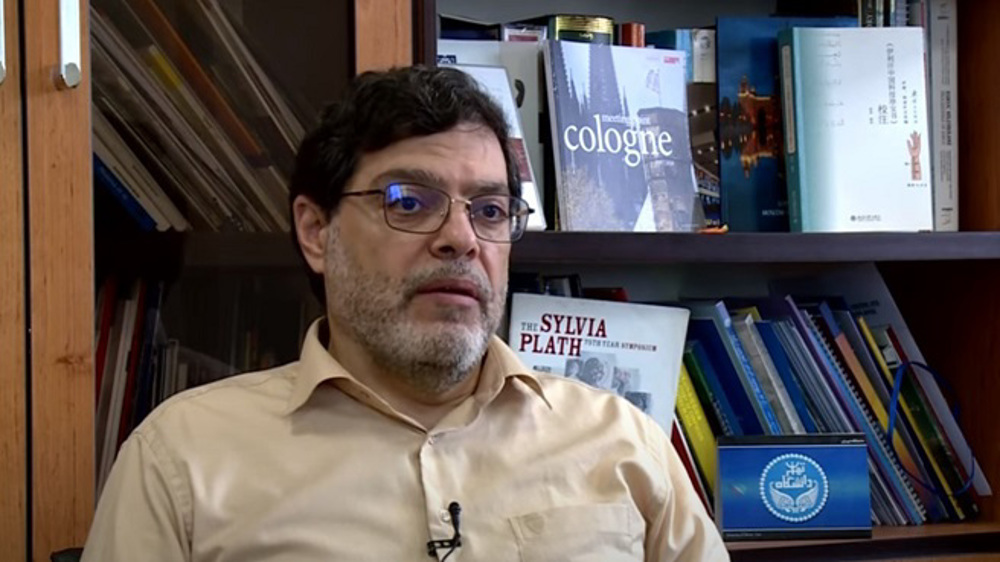
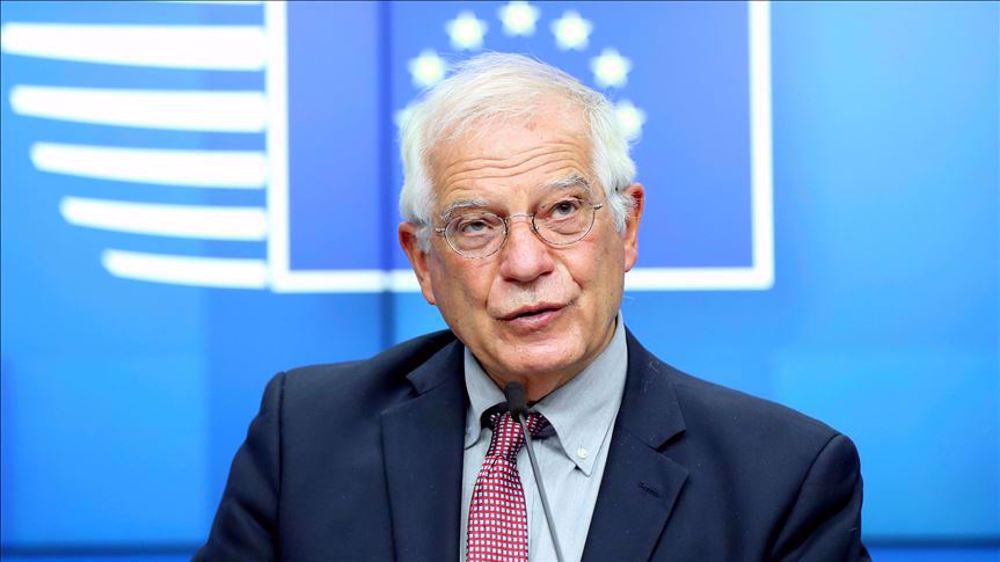
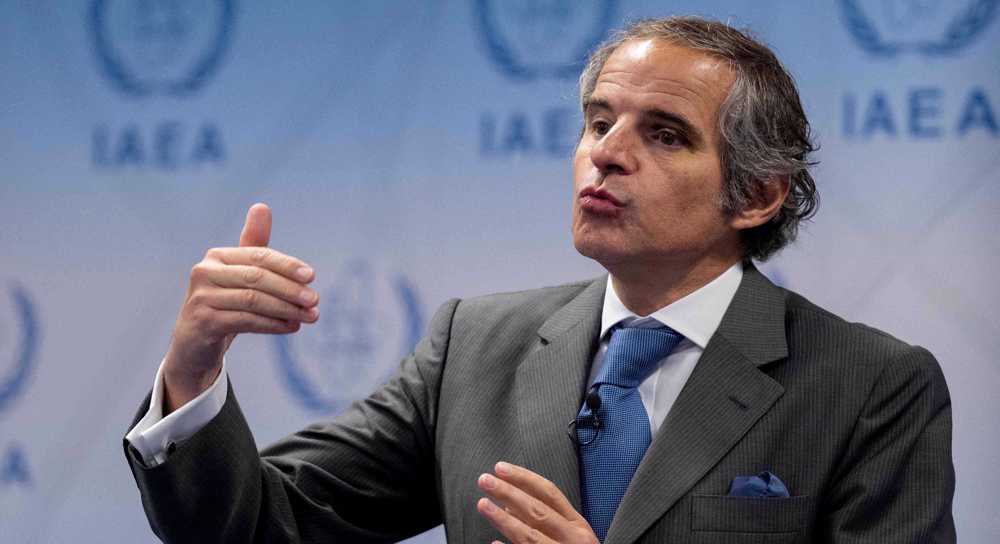

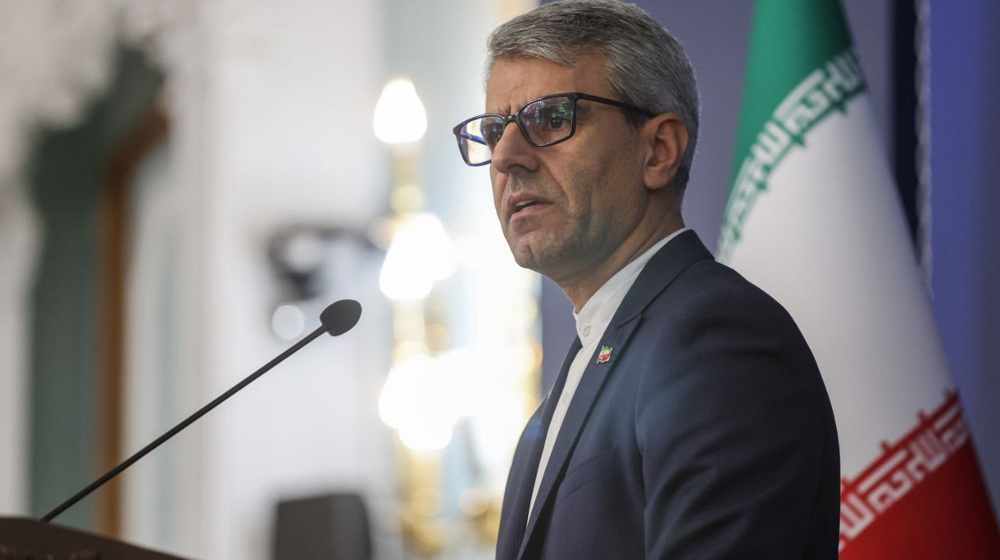
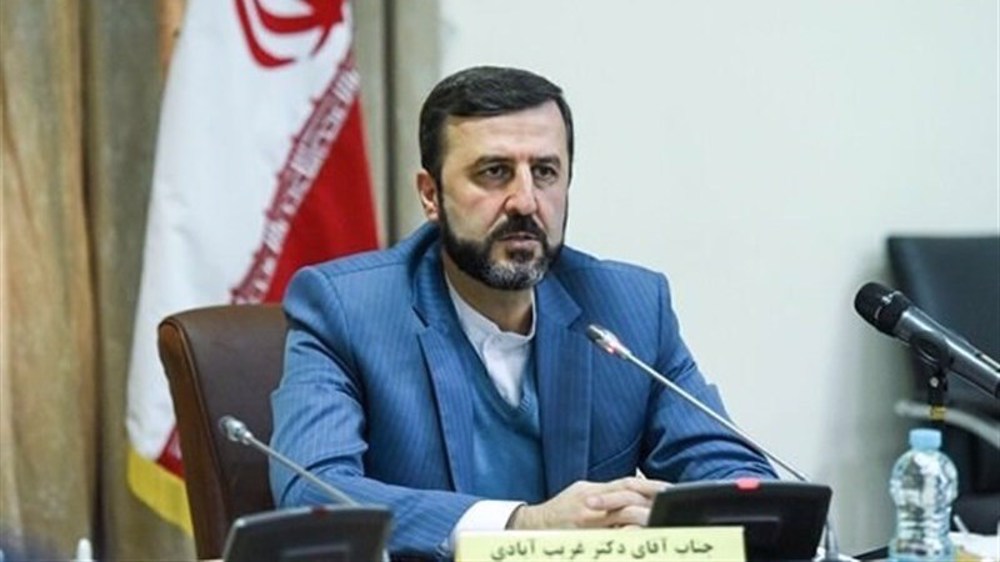



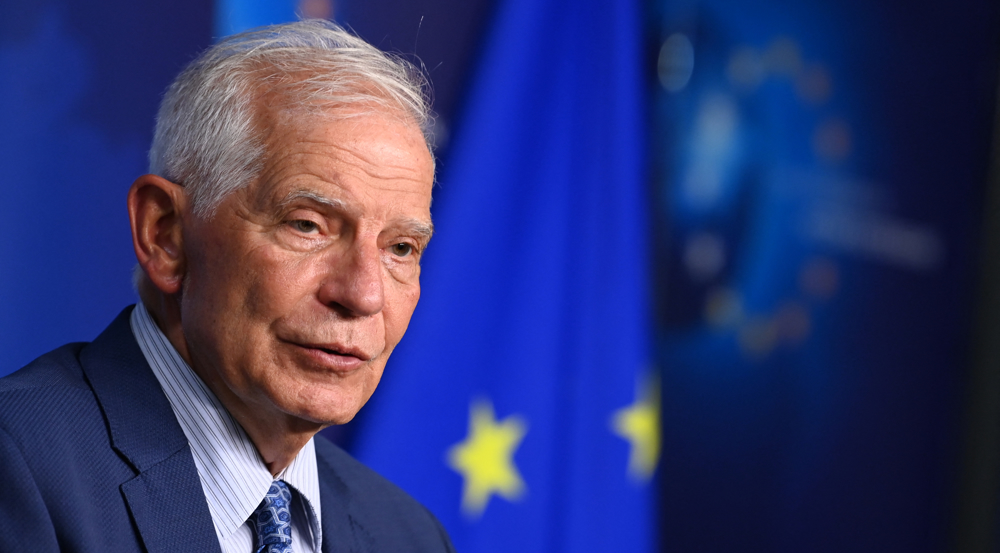
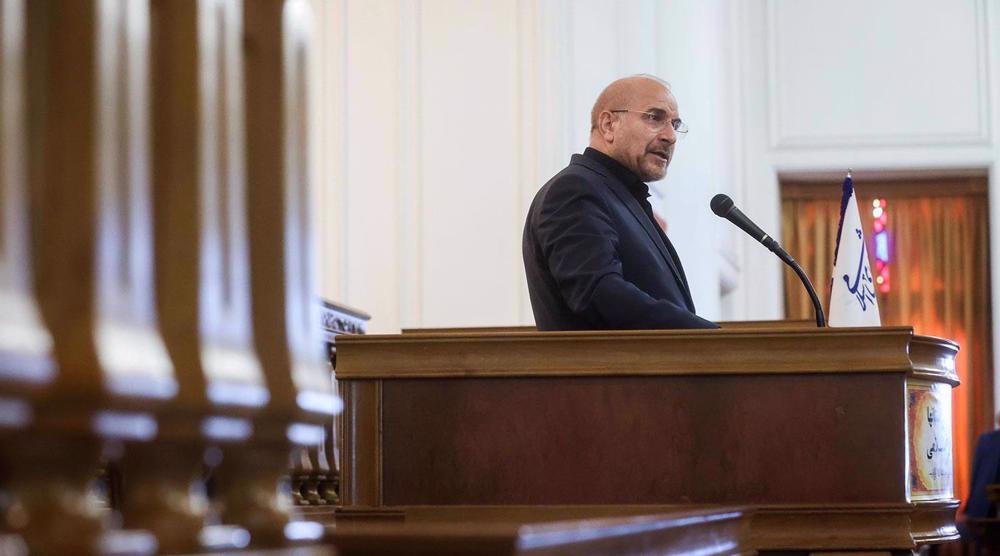

 This makes it easy to access the Press TV website
This makes it easy to access the Press TV website